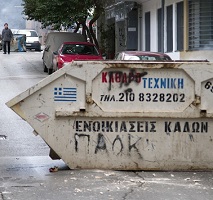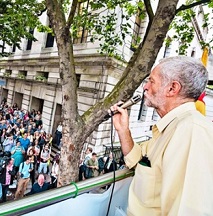
America’s gun massacre blues seem to play on an endless loop
Source: The Guardian Unlimited
Only a revolution in thinking can stop the media, politicians and firearms lobby from having to trot out their well-rehearsed lines after every mass shooting
Within the American polity there is a cyclical requiem in the wake of each mass shooting – a predictable collective lament for a calamity that ostensibly everyone regrets and nobody can resolve. Profiles of the victims emerge as reporters opine in front of police tape, wringing every last detail from tear-stained survivors. Gradually facts about the shooter emerge, followed by endless speculation about his (they are almost always men) motives before the president calls for prayer and healing.


